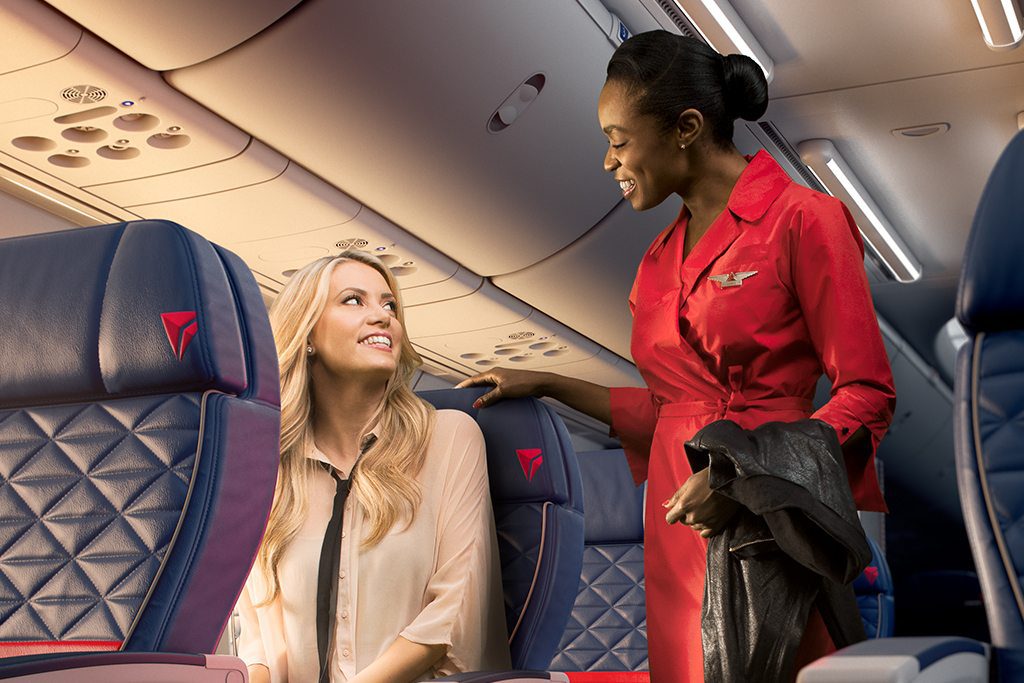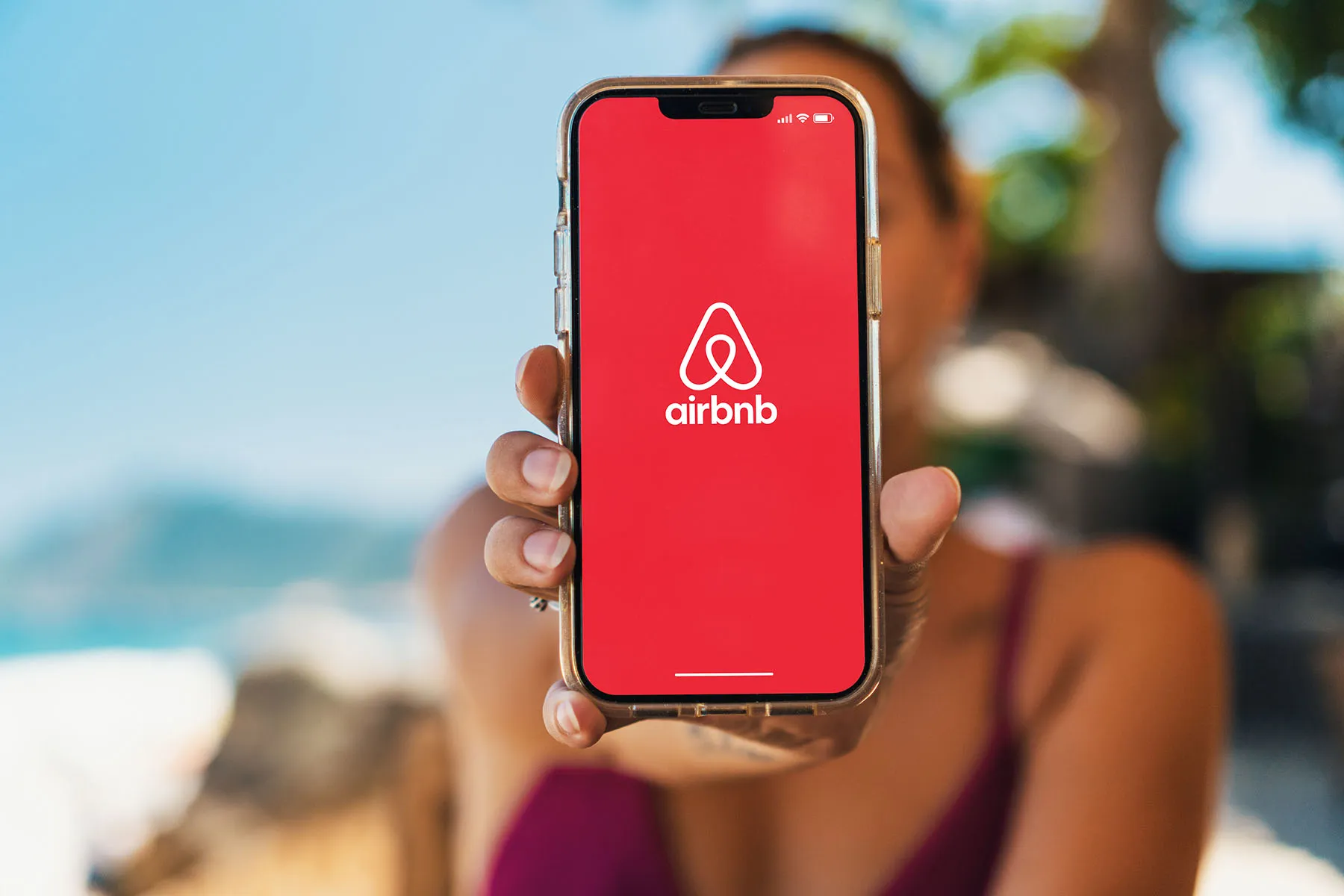How Delta Is Using Personalization to Enhance the Business Travel Experience

Skift Take
This sponsored content was created in collaboration with a Skift partner.
In the last several years, airlines have been steadily focused on improving the customer experience while in the air, offering Wi-Fi and power available during flight, better and often locally procured food, craft beer, and enhanced drink offerings, robust entertainment options, and even more comfortable seating with additional inches of legroom in some cases.
No matter how sophisticated, the onboard experience will never be able to replace personalized human interactions that only people on the front lines can offer. Fortunately, travel providers are quickly learning that bringing a personal touch to the guest experience can be valuable when it comes to building customer loyalty and gaining an edge over their competitors.
Delta Air Lines is one such airline that has kept pace with the industry’s focus on the product elements. At the same time, the company has also worked hard to treat its travelers as individuals and not lose sight of the human touch.
Delta is focusing on the human aspect of air travel with its Check-In Recognition program and with the recent launch of the new Onboard Recognition program—both available to companies with a Corporate Sales Agreement. Adding a personal touch to engage their corporate customers who fly with them for business travel is at the core of these recognition programs.
The carrier’s Check-In Recognition program focuses on the individual corporate customer by identifying travelers from the corporations who participate in the program by company name and thanking them when they check into their Delta flight through an airport kiosk or online.
In addition, Delta’s Onboard Recognition program provides business travelers with yet another personalized touchpoint along the travel journey by equipping Delta’s flight attendants with a Recognition Seat Map on their SkyPro mobile devices that indicates which passengers are corporate travelers.
Flight attendants are knowledgeable of the value of the corporate traveler and the corporation’s partnership with Delta. This knowledge, along with the SkyPro data, allows flight attendants to properly greet corporate travelers and thank them and their corporation for choosing to fly with Delta. Both the Check-In Recognition and Onboard Recognition programs will only be available to travelers once their corporate travel manager registers their company for participation through the Delta Professional Portal.
While offering a quality onboard experience will undoubtedly put travel providers at an advantage, as business travelers increasingly come to expect excellent onboard amenities and service, it may no longer be enough. Integrating a human element will help create a meaningful brand experience, and in turn, help build relationships with corporate customers and their travelers.
To learn more about Delta’s Check-In Recognition and Onboard Recognition programs, please visit PRO.DELTA.COM.
This content was created collaboratively by Delta Air Lines and Skift’s branded content studio, SkiftX.




